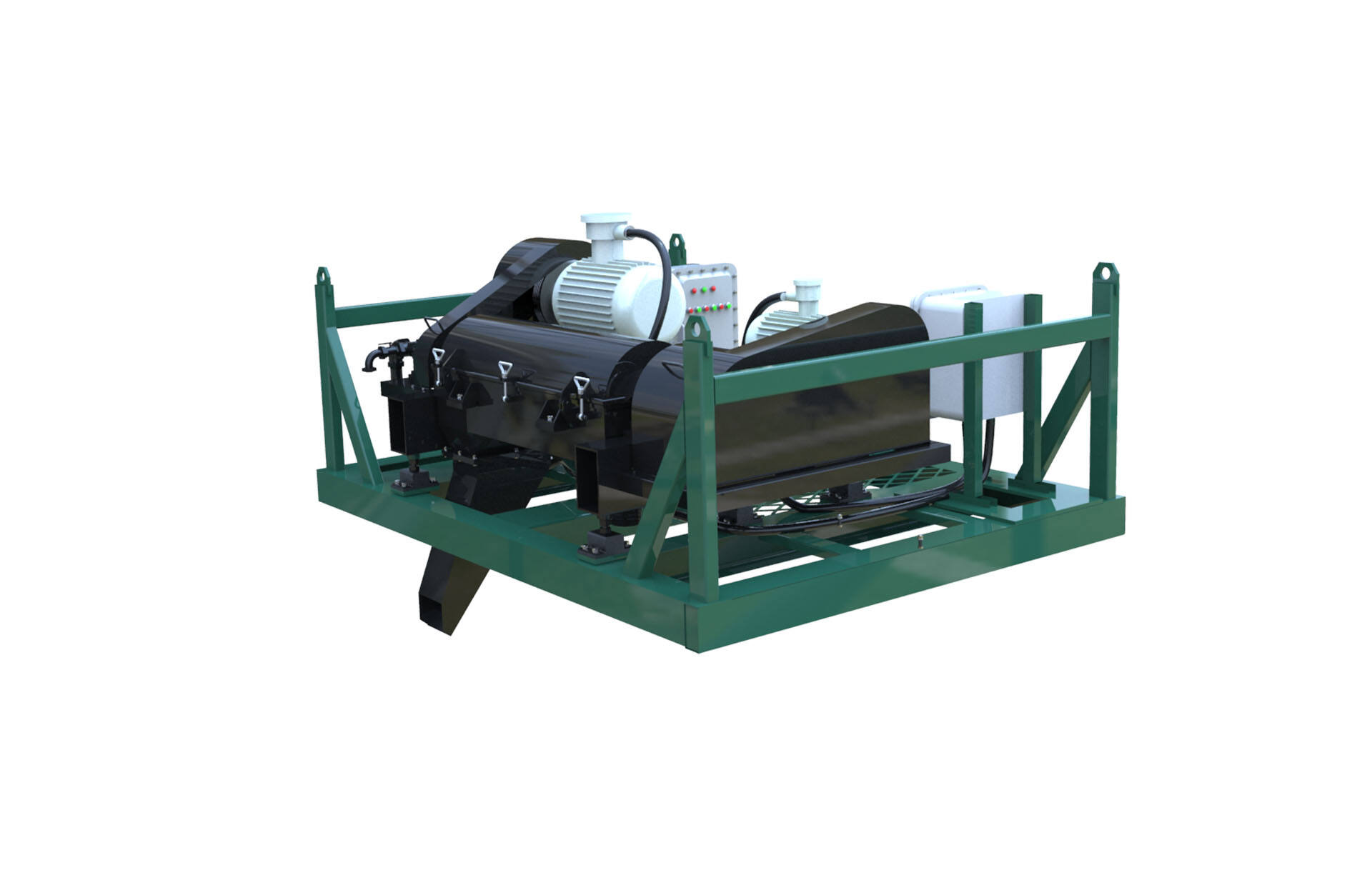drilling fluid
Drilling fluid, also known as drilling mud, is a vital component in modern drilling operations that serves multiple critical functions during the well construction process. This engineered fluid system circulates through the wellbore during drilling operations, performing essential tasks such as cooling and lubricating the drill bit, carrying rock cuttings to the surface, maintaining wellbore stability, and controlling subsurface pressures. The fluid is carefully formulated using advanced chemical technologies to achieve specific properties including density, viscosity, and filtration characteristics, which can be adjusted based on different geological formations and drilling conditions. Modern drilling fluids incorporate sophisticated additives that enhance performance, including polymers for improved rheology control, lubricants for reduced friction, and specialty chemicals for wellbore stabilization. These fluids are designed to minimize environmental impact while maximizing drilling efficiency, incorporating biodegradable components where possible. The technology behind drilling fluids continues to evolve, with new formulations being developed to address challenges in high-temperature, high-pressure wells, and complex geological formations.

